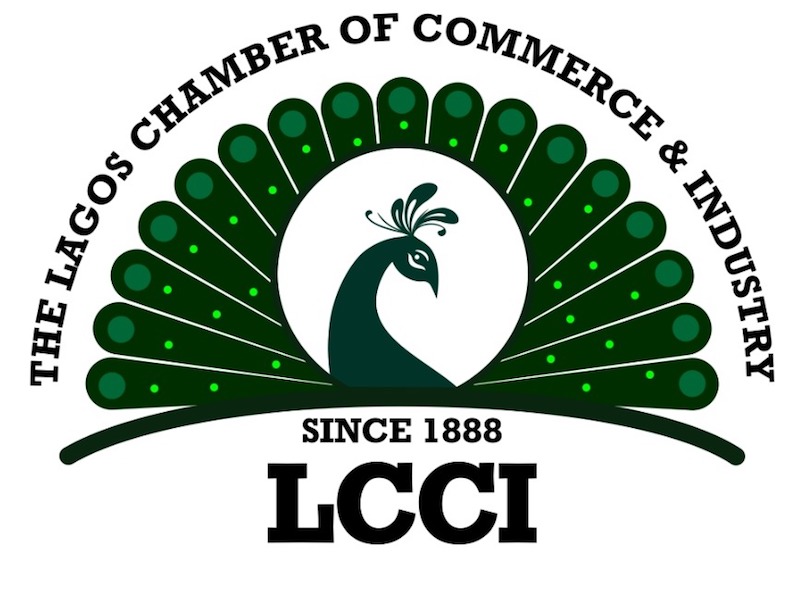
LCCI: THE NIGERIAN ECONOMY WILL END THE YEAR WITH 3-4% POSITIVE INCREASE – DR. OLAWALE COLE
The Lagos Chamber of Commerce and Industry (LCCI), on Thursday, said that the Nigerian economy would end the year with a three- to four-percent positive increase stating that to achieve the projected growth, fiscal and monetary authorities will be required to promote policies in other to encourage private capital inflows to the economy.
This was said by Dr. Michael Olawale-Cole, president of the LCCI, at the organization’s 134th Annual General Meeting (AGM).
The LCCI president asserted that fiscal and monetary authorities must create a medium-term economic strategy built upon increasing domestic production, promoting business friendliness, and luring private investment.
The government must also create physical and soft infrastructure, business-friendly regulatory policies, economic diversification, and job creation, among other things, according to Olawale-Cole.
The industrialist commented on the nation’s third-quarter GDP growth falling by 1.78 percent year over year and said the result was indicative of the difficult economic conditions.
He however, predicted that annual GDP growth would end the year on a high note.
He said, “It should be noted that emerging shocks, threats, and risks have created fears of slowing growth and even recession in the coming quarters going into the new year 2023.
“With the worsening security challenges in some parts of the country, foreign exchange scarcity, and high energy costs, growth may shrink as production bases come under siege, and supply chains disrupted leading to scarcity of goods in the markets.
“With worsening security perception about the country, and the coming of a new government, foreign investors are not interested in bringing in Foreign Direct Investments (FDI) to nigeria at this time.
“We have, however, in the course of the year, advocated for a well-coordinated synergy between the fiscal and monetary authorities, as well as members of the private sector in navigating the uncertain economic terrain.
“We would continue to engage with the government in creating an enabling business environment where the private sector is empowered to create jobs and generate revenue for the government,” he said.
Inflation will remain in the double digits in the short to medium term, according to Olawale-Cole.
He said the recurrent shocks to the food supply, foreign exchange illiquidity, rising energy costs, speculative spending based on the naira redesign policy, insecurity, and election campaign expenditure were the main causes of this.
He said, “These structural factors will keep applying pressure to domestic consumer prices.”
In his remarks on the power industry, the LCCI president highlighted that the national grid’s frequent failures demonstrated that it was unable to produce enough power to satisfy Nigerians’ need for electricity.
He continued by mentioning problems with vandalism, interrupted gas supplies, distribution companies’ incapacity to use generated electricity, and difficulties in attaining 100% metering for power users.
Businesses are operating at unsustainable costs and producing at uncompetitive pricing as a result of the record-high cost of diesel and the ongoing poor electricity supply.
“If the output is limited as a result of the intolerable cost of production, this could result in job losses.”
“If these issues are not resolved right now, the GDP growth potential and forecasts for 2022 would probably be dampened.”
“The move to renewable energy and the decentralization of the national grid is the best sustainable answer to Nigeria’s power challenges,” he stated.
Despite the many obstacles posed by the business environment, according to Olawale-Cole, the service committees and sectoral groups of the chamber continued their activities throughout the year.
He claimed that all committees and sectoral groupings worked admirably, and that the accomplishments listed could not have been made possible without everyone’s help and collaboration.
“Therefore, I want to sincerely thank you for your cooperation and dedication to advancing the just cause of our chamber.”
When foreign diplomatic missions, investment promotion organizations, and business associations are looking for institutional partners to promote investment and trade between Nigeria and their various countries, “our chamber is now the institution of first choice,” he claimed.
![]()
